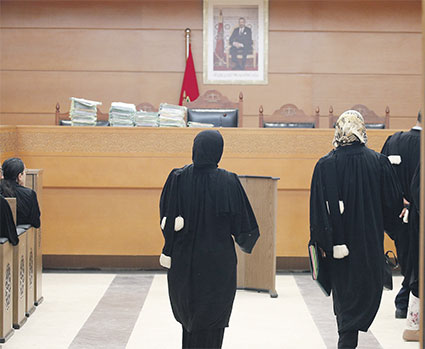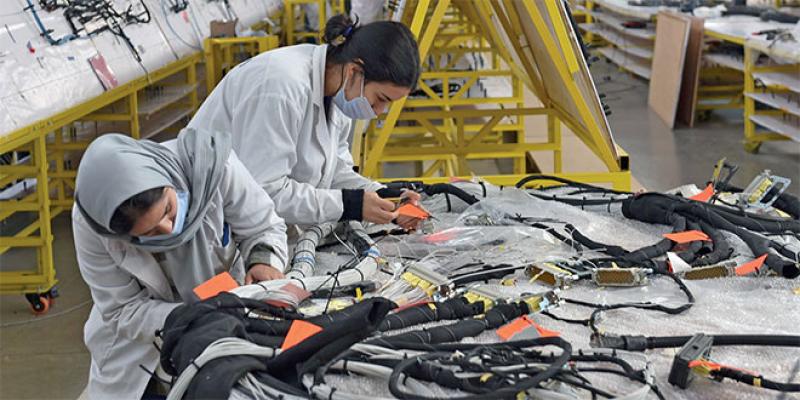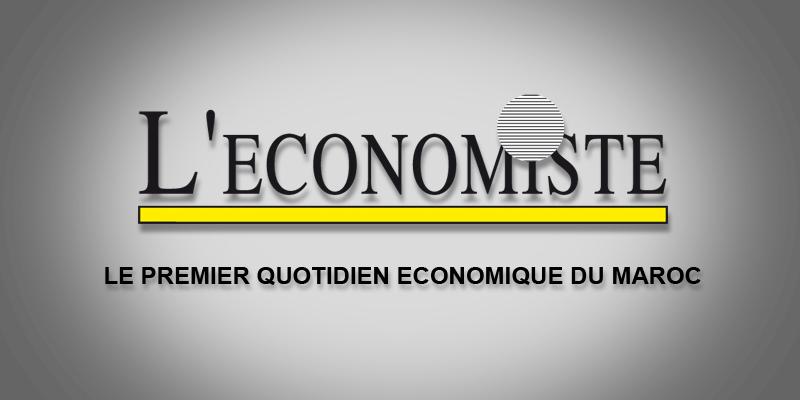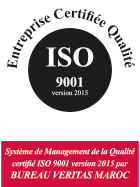
The Government wants to make up for the lack of judicial experts. This particularly concerns certain new fields, in particular renewable energies, linguistic analysis, image and video analysis, identification of fingerprints, or protection from nuclear radiation. This is the goal of the bill reforming the laws and regulations governing judicial experts. This draft legislation, recently adopted by the Government Council, has been submitted to the Parliament, and was transferred to the Justice Committee in the House of Representatives. Concretely, this draft legislation will pave the way for certain organizations to be registered on the lists of judicial experts. To access such a list, judicial experts must have already demonstrated credibility, professionalism, and availability, in the absence of experts specialized in the fields concerned.
In detail, article 4 bis of this bill empowers legal persons governed by public law, as well as laboratories, institutes or public administrations, to exercise judicial expertise. One of the conditions provided for is that the natural persons who will carry out these expert appraisals meet the requirements of the law. Article 3 of Law 45-00 in force has established a series of criteria. Indeed, all candidates for registration on the list of judicial experts must meet these conditions: be a Moroccan national, or the national of a State which has entered into an agreement with Morocco authorizing its nationals to practice on the territory, not having been sentenced to a disciplinary or financial penalty, have a domicile in the district of the Court of Appeals in which the judicial expert intends to practice, and above all satisfy the qualification criteria set by regulation for each discipline of expertise.
Under the law in force, the expert entered on the roll for the first time takes an oath before the Court of Appeals in the district in which he or she is registered. According to the draft law, this oath is taken, in the name of the legal person under private law, by that person’s legal representative. For legal persons governed by public law, including institutes, laboratories or administrations, the oath is taken by the legal representative or by the persons in charge of carrying out the forensic examination. Moreover, this draft legislation requires each of these legal persons, registered on the list of judicial experts, to appoint a representative from among the people responsible for carrying out the forensic examination, so that they attend the planned training sessions. Indeed, the experts registered on the roll are required to participate in study sessions relating to the legal aspects of a forensic examination, organized by the Ministry of Justice.
M.A.M.


























